BRAnd Values Alignment through Dual Career (BRAVA-DC)
- Koda Call: EAC-A02-2019-SPO
- Datum 01.01.2021 - 31.12.2023
- Financer European Commission Erasmus+ Programme
- Organizacija University of Limerick (UL), Ireland
- Nosilec prof. dr. Mojca Doupona
PovzetekBRAnd Values Alignment through Dual Career (BRAVA-DC) Erasmus+ project The primary focus of BRAVA-DC (BRAnd Values Alignment through Dual Career) is on enhancing the European workplace environment so the circumstances and challenges of dual career (DC) athletes and coaches can more effectively be accommodated. The European Parliament (2017) and the European Commission (2007), strongly value the potential contribution of elite athletes to the strategic objectives of the Union, representing European countries (European Athletes, 2016) and having significant social and economic impacts for the sport culture (Arai et al., 2014; De Bosscher et al., 2015), as well as on the European economy (Kleissner & Grohall, 2015). In general, elite athletes start their sport career at young ages and progress their sport commitment until adulthood, with increasing volume, frequency, and intensity of training to meet the competitive demands at local, national, and international levels. In particular, scholars claim that the athletes in their developmental years undergo different career stages and transitions at the athletic, psychological, psychosocial, academic/vocational and financial levels (Fig. 1). Furthermore, depending on the sport discipline and athletic level (e.g., sub-elite and elite), these transitions occur at distinctive times, have various influences on each other, and might have a serious impact on the holistic development of the individual (Wylleman & Lavallee, 2004). In recognizing the significant difficulties the athletes face in resolving the challenges and constraints posed by a concomitant education or working commitment, the European Commission (2012) published the EU Guidelines on Dual Careers of Athletes to stimulate the Member States enforcing common guiding principles and solid agreements between sports bodies, educational institutions, and companies and agencies of the labour market to adapt to the needs of the elite student-athletes.


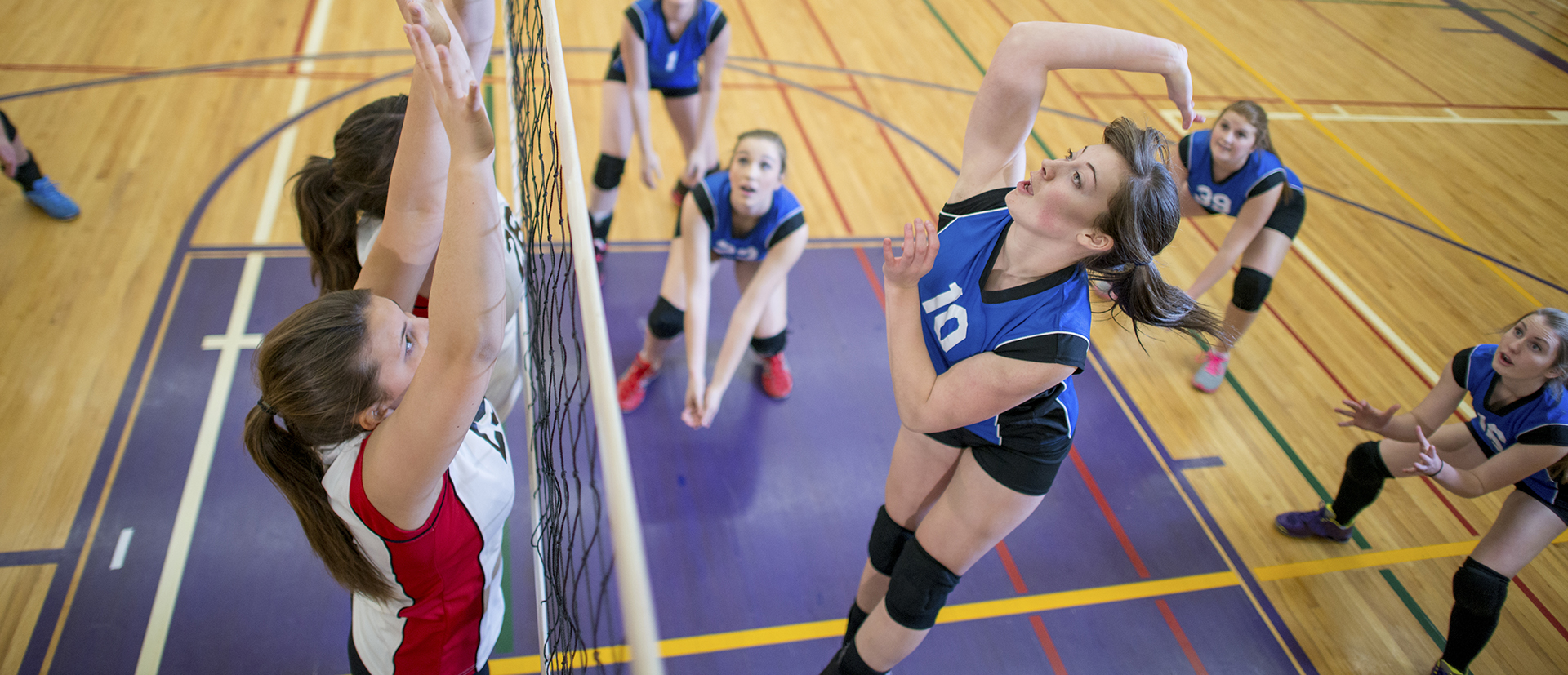









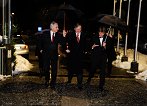




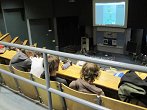



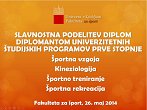







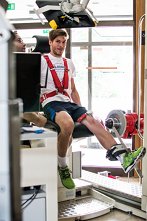
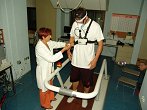
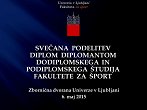

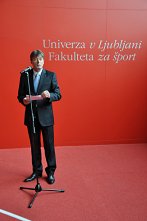




.png)